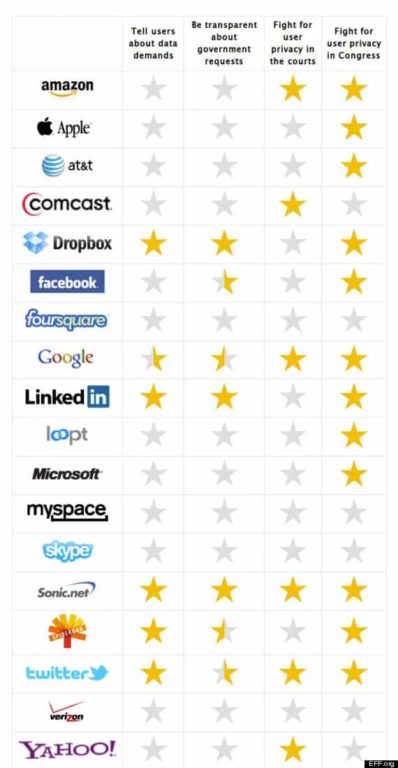Hiring employees from a direct rival is nothing new. Companies often do it since the workforce between rivals is often similar in terms of skills and qualifications. However, Department of Justice now alleges that eBay and Intuit signed an illegal agreement which inhibited them from hiring each other’s employees.
The practice is deemed illegal and for good reasons. Imagine you are an employ at a company ‘A’ and there’s another company ‘B’ which wishes to hire you. Naturally, if you are a well-qualified person, B would want to present you a better offer so as to persuade you to leave A.
Such competition keeps the compensation packages of different companies in check and lets the employees have multiple options. It also allows the employees to go for an entity which is ready to compensate with better terms for their qualifications.
However, at times, rivals would sign a deal with each other so as to avoid hiring each other’s employees. This is beneficial to the companies, of course, but is hazardous for the employees who are then stuck on their present positions with nominal salary packages. With no competition or risk of employees leaving, companies no longer bother too much about offering enough incentives.
The U.S. Department of Justice has now alleged that eBay inked a similar deal with Intuit and that the deal lasted from 2006 to 2009. Since eBay and Intuit are direct competitors when it comes to recruiting workforce, DoJ has deemed the agreement illegal and has launched a lawsuit against eBay.
Source: WSJ
[ttjad]




